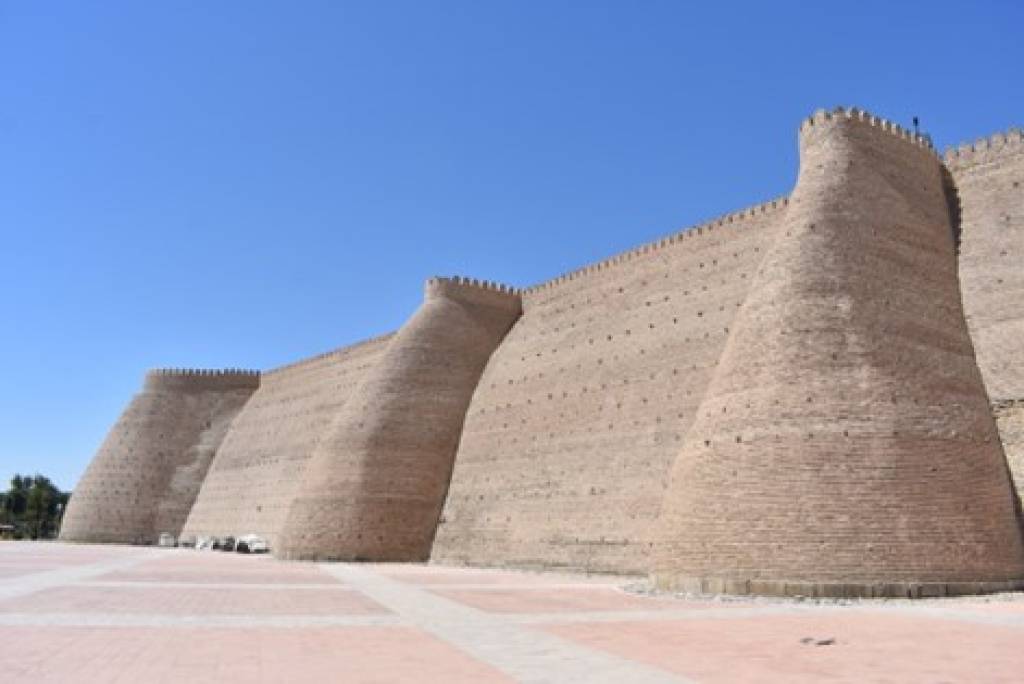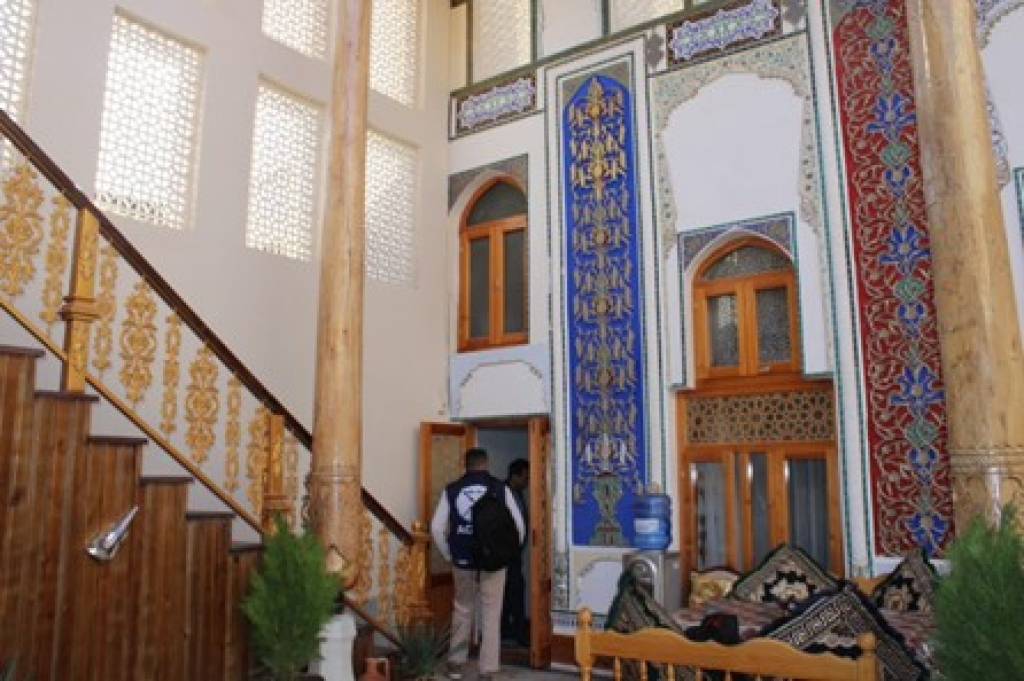
Uzbekistan is a country with a remarkable history and cultural legacy, renowned for its striking architecture, picturesque landscapes, and welcoming nature.
As the tourism industry in Uzbekistan expands, it is crucial to consider the impact it has on the environment, society, and economy. Sustainable tourism is an approach that aims to preserve the heritage of a destination while safeguarding its future. It is defined as tourism that accounts for its present and future social, environmental, and economic impacts, fulfilling the requirements of tourists, the industry, the environment, and host communities. Preserving the cultural heritage of a place is a critical element of sustainable tourism. Uzbekistan boasts some of the most remarkable architectural feats in the world, such as the Registan in Samarkand, the Kalon Minaret in Bukhara, and the Ark Fortress in Khiva. These landmarks not only possess historical significance but also serve as a source of income from tourism. Promoting sustainable tourism is vital in preserving these sites for future generations.
In addition to preserving cultural heritage, sustainable tourism also supports the local economy. By promoting local businesses such as guesthouses, restaurants, and handicraft shops, sustainable tourism can create jobs and generate income for local communities. This can help to reduce poverty and improve the standard of living for those in the tourism industry. Sustainable tourism can have positive impacts on the environment. By promoting eco-friendly practices such as waste reduction, energy conservation, and water conservation, tourism can help to reduce the negative impacts of tourism on the environment. This not only benefits the environment but also helps to preserve the natural beauty of the country, which is a major draw for tourists. To promote sustainable tourism in Uzbekistan, organizations such as ACTED have been working to support local businesses and promote eco-friendly practices.

ACTED (Agency for Technical Cooperation and Development) is a non-governmental organization that has been working in Uzbekistan since 1999. The organization has been involved in various projects aimed at promoting sustainable development and poverty reduction in the country. One of their recent projects is SET to SWITCH, which aims to promote sustainable tourism in Central Asia, including Uzbekistan. Under the SET to SWITCH project, ACTED is working with local tourism businesses to improve their capacity to offer sustainable tourism services. This includes providing training in eco-friendly practices and supporting the development of sustainable tourism products. ACTED is also working to raise awareness among tourists about the importance of sustainable tourism practices. Moreover, through its work in Uzbekistan, ACTED is contributing to the promotion of sustainable development in the country. By supporting local businesses and communities to adopt sustainable practices, ACTED is helping to create a tourism industry that benefits both tourists and local populations, especially helping by promoting community-based tourism.
In Uzbekistan, community-based tourism has the potential to provide economic opportunities for rural communities, and to preserve traditional ways of life. For example, in the Nuratau Mountains, local communities have developed hiking and horseback riding tours that allow visitors to experience the natural beauty of the region, while also learning about the traditional practices of local communities. These tours are led by local guides, and the proceeds from the tours go directly to the local communities. Another example of community-based tourism in Uzbekistan is the yurt camps in the Aral Sea region. These yurt camps are owned and operated by local communities, and offer visitors the opportunity to experience the traditional way of life of the nomadic peoples of Central Asia. By staying in a yurt camp, visitors can learn about the traditional practices of local communities, such as sheep herding, wool spinning, and felt making. To promote community-based tourism in Uzbekistan, the government can provide support to local communities to develop tourism infrastructure, such as accommodations and tour services. The government can also work with local communities to promote their tourism activities to domestic and international visitors.
In conclusion, sustainable tourism has the potential to provide economic opportunities for local communities, while also preserving cultural heritage and minimizing environmental impacts. Uzbekistan, with its rich cultural and natural heritage, has a unique opportunity to develop sustainable tourism initiatives that promote the country’s unique attractions and provide benefits to local communities. By promoting community-based tourism and ecotourism, Uzbekistan can ensure that its tourism industry is sustainable, and that its benefits are distributed fairly among the country’s population.
Bunyod Shakirov,
Country Project Officer at ACTED








